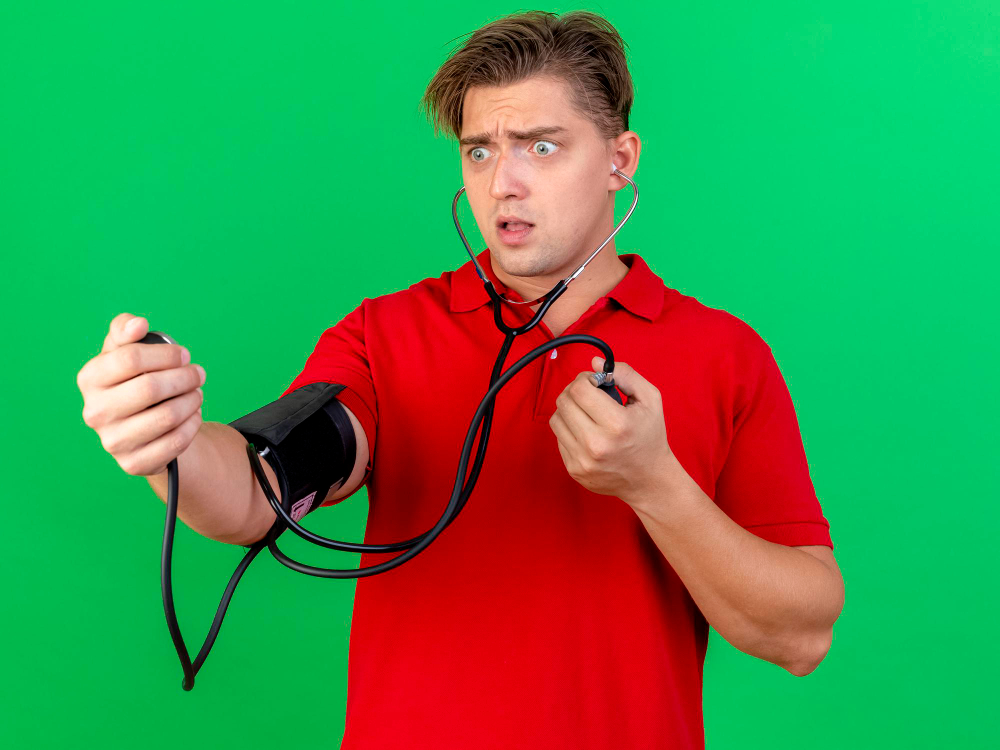Rapid heart rate, medically known as tachycardia, is a condition where your heart beats faster than normal. While occasional episodes of rapid heart rate are common and usually harmless, persistent or severe tachycardia may indicate an underlying health problem that requires medical attention. It’s essential to understand the signs and symptoms of rapid heart rate and know when to seek urgent medical care.
Identifying Symptoms of Rapid Heart Rate
Symptoms of rapid heart rate can vary depending on the individual and the underlying cause. Common symptoms include palpitations (a sensation of rapid or irregular heartbeat), dizziness, shortness of breath, chest pain or discomfort, lightheadedness, fainting, and fatigue. Some people may also experience sweating, nausea, or a fluttering sensation in the chest. If you experience any of these symptoms, especially if they are severe or persistent, it’s crucial to seek medical attention promptly.
When to Consider Going to the Hospital
While many cases of rapid heart rate can be managed at home or in a doctor’s office, there are certain situations where it’s advisable to go to the hospital for evaluation and treatment. You should consider going to the hospital if you experience any of the following:
- Severe Symptoms: If you experience severe symptoms such as chest pain, shortness of breath, fainting, or loss of consciousness, it’s essential to seek emergency medical care immediately. These symptoms could indicate a serious underlying condition such as a heart attack or arrhythmia that requires urgent treatment.
- Rapid Heart Rate with Other Health Conditions: If you have underlying health conditions such as heart disease, high blood pressure, diabetes, or a history of heart rhythm disorders, you may be at higher risk of complications from rapid heart rate. It’s important to seek medical attention if you experience rapid heart rate along with other concerning symptoms, even if they are mild.
- Persistent Symptoms: If you experience persistent symptoms of rapid heart rate that do not improve with rest or self-care measures, it’s advisable to seek medical evaluation. Persistent tachycardia may indicate an underlying heart rhythm disorder or other medical condition that requires further investigation and treatment.
- Symptoms in High-Risk Individuals: Certain individuals may be at higher risk of complications from rapid heart rate, including older adults, pregnant women, and people with pre-existing medical conditions. If you fall into one of these high-risk categories and experience symptoms of rapid heart rate, it’s important to seek medical attention promptly to rule out any serious underlying causes.
- Concern for Heart Attack or Stroke: If you experience rapid heart rate along with symptoms such as chest pain, shortness of breath, weakness, numbness, or difficulty speaking, it could indicate a heart attack or stroke. In these cases, it’s crucial to call emergency services or go to the nearest hospital immediately for evaluation and treatment.
Taking Rapid Heart Rate Seriously
In conclusion, rapid heart rate can be a concerning symptom that may indicate an underlying health problem requiring medical attention. While occasional episodes of tachycardia are common and usually harmless, it’s important to pay attention to any persistent or severe symptoms and know when to seek urgent medical care. If you experience severe symptoms, rapid heart rate with other health conditions, persistent symptoms, symptoms in high-risk individuals, or concern for a heart attack or stroke, it’s advisable to go to the hospital for evaluation and treatment. Your health and well-being are paramount, and seeking prompt medical attention can help ensure the best possible outcome.
